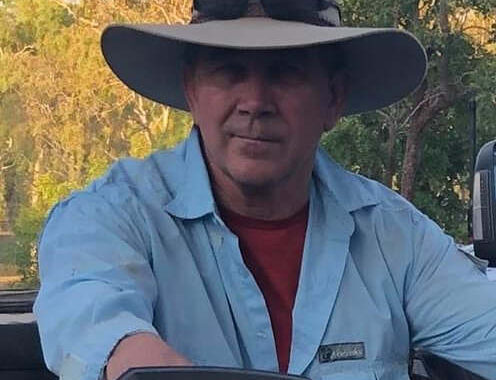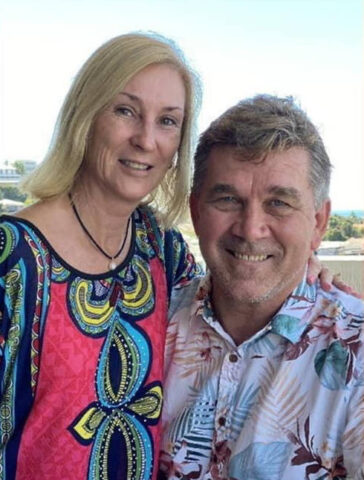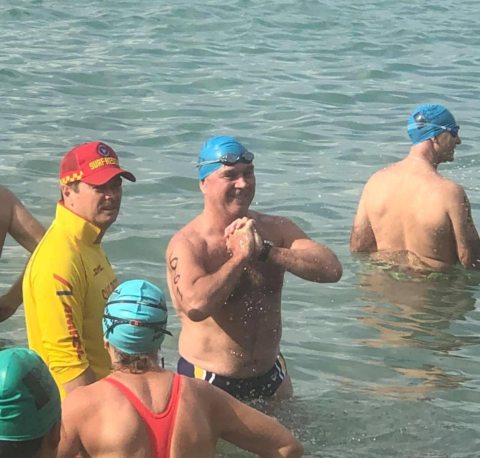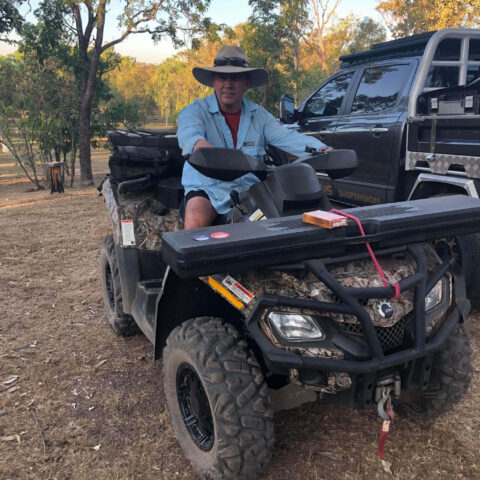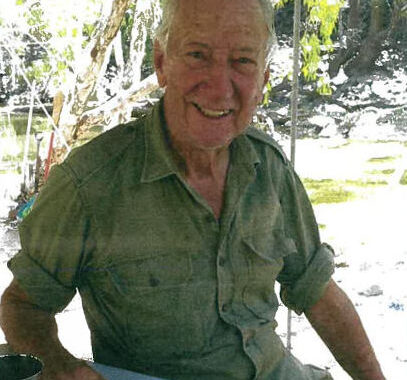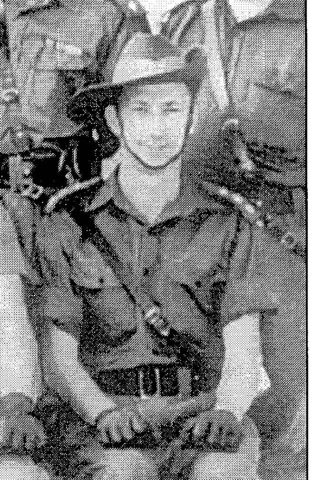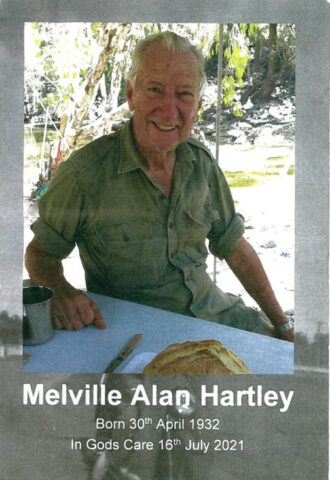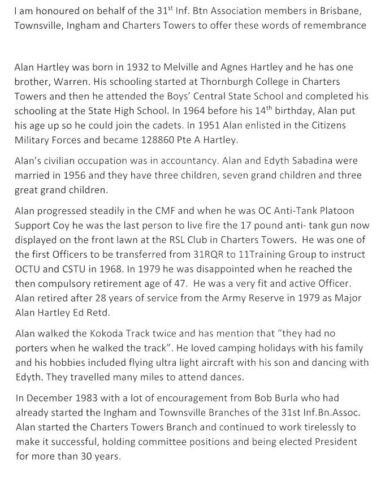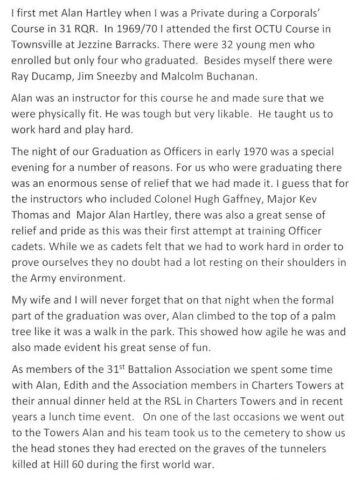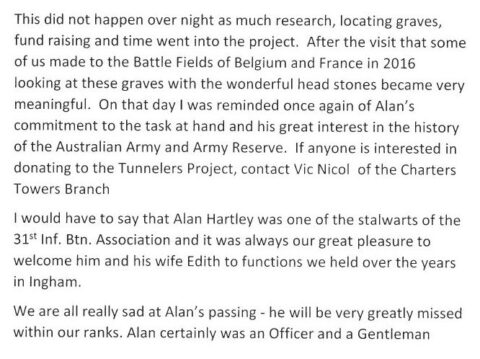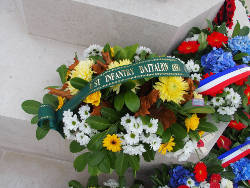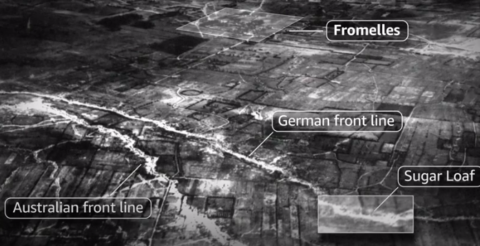L On the sugar loaf.
B Well I find it very very hard to You just don’t know what other’s feelings are, apart from what your own feelings are. Oh yes, I’d say we were prepared.
L They said they were to wave bayonets or something above the trenches?
B No they were not trenches, they were sandbagged barricades about 6 feet deep, width, and 6-7feet high. You see in the winter time it was so wet and muddy that you couldn’t have trenches dug out as the word trench means. The enemy had the same of course.
L But were you confident of taking the sugarloaf, considering the barrage that had gone over the top?
B Well my job was to help dig a communication trench across from our own lines to theirs and as such you just didn’t have bayonets…. And the instructions were that when a man in front of you fell who was badly wounded or dead, you just rolled him to one side to the side that most of the fire appeared to be coming from – of course this was in the dark, and we didn’t have very much idea – and put a good heaping of earth over him, because in the first place it all had to be loosened up with a pick before you could get the shovel into it because it was summertime and being very very wet in the wintertime, it set like cement.
L And you drew a lot of fire then, digging that sap?
B Oh yes, because once the enemy found out that we were endeavouring to dig a communication trench, and they would be able to, because although it was dark they had Very lights going up, and coming down, they turned machine guns on and artillery fire as well, and the only thing you could do was just lay yourself flat on the ground until the worst of it was over, then hop in again, and I’ll tell you you were a trier, you were digging all right, that was for sure.
L And you got hit I believe, some shrapnel wounds?
B I got some through the fleshy part of the leg there. We were in a desperate situation, and although I could have said all right I’m going back to the dressing station I dressed it myself, the field aid dressings that we all carried, and that was all right. It stiffened up a bit later on. The next day when I examined my tunic – examining is not quite the right word to use I suppose – I was just looking over it, there were a couple of bullet holes through the sleeve there, and through the shoulder strap, you’d marvel that you can go so close and still not get hurt.
L And your company took heavy casualties did they, in digging that sap?
B Oh yes, what they were I don’t know. This was the time that Pompey Elliott disclosed his true self, breaking down after we were recalled.
L What time of day were you recalled was it still night or had morning arrived?
B we went out sometime between dark and midnight it was soon after dark I would think, I don’t know, but because we’d be lined up in the thing, and they’d give a demonstration and it’d be hard to say at what time it was, you don’t concentrate on time, but it was breaking day when we came in and there was Pompey Elliott standing there with the tears running down his face as I’ve said to you, apologizing for the mix-up.
L You actually saw Pompey when you came out the line,
B when we came out of the line,
L on the way to the De
B I don’t know how far we got with the trench really, I didn’t know because it was dark and you just didn’t know.
L You said something about the Germans flooding the trenches, or flooding the ground?
B They flooded the ground. That was mainly the 59th and 60th Battalions copped that, (I have heard since, I didn’t know it at the time that they were supposed to go and take the front – the first enemy trenches, consolidate them and turn them round and go on to the next line of trenches, but as a matter of fact there was no second line of trenches, there was only just the sloping up of the hill where they had all their fire power up on the top of it, and the big water reservoir at the back of that where they had their big pipes coming through to flood the first line of defense, this is what they did, they turned it on, it was getting towards daylight, they were cunning enough to wait until the fellows had to move out, the fellows moved out and tsch!
L Were you aware of the larger scheme of things? Like when did you realize, the fighting soldier, that things were going badly for the 15th Brigade and the other units?
B Well when I could see these fellows that had been flooded out trying to get back to their own lines with machine gun fire and artillery fire down on them, I realized then that things were going badly. Up to then I just did not know.
L What do think went wrong? You know were the Australians underprepared or were they poorly supported? Where could blame be administered?
B I would say the Higher Command did not fully know what they were up against. In the first place, prior to the 19th July after we had come out of the ones further along the line we were told it was to be a demonstration only. The first time we went in they hadn’t brought the elite troops up from further down from what they called the chalk pits, where the 2nd Division was installed down there, and they were trying to break through. The elite German troops had still remained there so we didn’t do anything at all just marched in and took up the position for 24 hours or so, then were taken out again, and immediately after that were put back into the real thing which formed the battle of Fromelles.
L There’s talk that McCay had a hand in mismanaging the whole affair, could it have been called off, because there was a call to give more time to preparations or even call the whole stunt off.
B From what I have read (personally you don’t see, you’ve only got a small sector for yourself really, you don’t know what is going on) in reading the story of it years later McCay took it on himself, above the advice from his other Generals but he was supreme commander, and I would say the blame rested with him. As they said, they weren’t fully aware of all of what the enemy had, he was much stronger than they thought. Of course they did bring their elite troops up from the chalk pits certainly, the good German troops. As in all, even right through the British army, the conscript doesn’t fight like the volunteer, and it was the same on the German side.
L They were the Bavarian or Prussian Guard?
B Yes, the Bavarian and Prussian Guard, they were two good fighters. But the others they didn’t have the guts. I would say that was a pretty fair summing up of it all.
L And Pompey was against the whole thing from the start, he and Brudenell White tried to buy some more time from Haking and Gough the British commanders.
B In what I have read since, and I’ve been told that is exactly the position. They were very much against it, saying that they weren’t well enough acquainted with the strength of the enemy and the position that they could get an accurate picture. They said definitely that they were not ready, but McCay overruled them of course….
L And as you said earlier, Pompey was actually at the line when you came out?
B Pompey was actually right up and he was at the head of where we had started our own sap, where we had started to dig the thing, and he was very very upset.
L And you saw him as you came out?
B Yes it was getting daylight then, and he was standing there at the mouth of the sap where it was open for us … and he was very very upset he said ‘For God’s sake don’t ever blame me for this’ he said ‘This is wrong,’ he says ‘it’s not my fault!’ He was definitely very upset. L What was the mood like for the remaining couple of days, you know the 57th went out and did a lot of reclaiming of bodies and personal effects? B Well of course that had to be done at night.
L And lime, the use of lime?
B Eventually yes to preserve the bodies that couldn’t be moved and couldn’t be got at, they sprinkled lime on them, But some time after that, I wouldn’t know how long, but I developed mumps and was sent to a British Hospital at St Pol (actually St Omer) where complications set in and I was away for about six weeks. And it was during that time, evidently, from what I have read, they had the big gathering somewhere back, and the Battalions and all that, and they really chewed Pompey up. I didn’t know because I was in the hospital, and I didn’t know it’d gone on until I came back, and of course it was all over by the time I got back.
L Speaking of St Pol, you were talking before about the 58th Battalion, I’d like to read you the section from Robin’s book. We’ve jumped out to 1918 now. “To help deal with the German advance, the 5th Division began on the 27th March to move south to the vicinity of Corbie, where the 3rd Division was holding a long line roughly following the Ancre River. The movement was by train from Caestre to Doullens then marching to Corbie. The journey was a sad business. Just beyond St Pol the train carrying the 58th Battalion was hit by a 15” shell, 16 men were killed including the entire quartermaster’s staff and 9 were wounded. Eight horses also died.”
B Sorry can I have a go? Those figures are not quite correct. I was the NCO in charge of the quartermaster’s store, at that particular time, we’d done a forced march from Caestre, and then some time after lunch we went to this railway siding, I haven’t the faintest idea where it was, dropped all of our stores on the siding, and the transport officer came along and he said “Corporal that’s only truck you’ve got, you’ve got to put all of your stores into that, and pack them in such a way that you can leave room for 18 men to lie down and have a rest, because they need the rest, and (this is quite apart from most other things), there was a small body of men left back with a few stores on the siding, never saw them again, and when eventually I got back from England the Quartermaster Captain Best, asked me to come along to his tent which I did and he said “You are the only one that can give me the true answer to this question. A lot depends on what you’ve got to say. Do you know if all, would you say that all of your range-finders” (we had 4 range-finders, in boxes, I suppose the length of that bench, possibly 7 feet long, roughly 20” square, there were 4 of those, one for each Coy) and I loaded them one on top of each other, so that they formed a table, we could have put stools on top of that, …the men, and he said “If those were left behind they were captured by the Germans, if that was so I’m in Hell’s own bother.” And he said “Can you say for sure, don’t give me your answer now, sleep on it and think it over, do you know if all of those range-finders were in the truck or were any of them left with the surplus stores?” I said, “No I can tell you definitely”, because I explained to him how I had loaded them to form a platform, and I knew that there were four there. And he said, “Well there is nobody that can gainsay what you have said, and that will exonerate me from all blame”, he said “If there would had been one range-finder left there I’ll be in Hell’s own bother.” And this was many months afterwards. “No” I said “I can swear on anything you like there was four of them there”, “Well” he said “There was nothing of them discovered.”
L In early discussions you mentioned how you were buzzed by your own planes or something, that they’d been commandeered by the Germans –
B No, no, the Germans had broken through, and they’d captured British observation planes … I’d think they would have been Moths in all probability…. And they were flying around overhead, and we thought they’re having a joyride, and with the situation as it is why the hell is a man doing a thing like that? And because he’s got the rondels on ….just as if the captain? Cabin was completely intact ready to fly…. He was able to direct that, the gunfire from …. They told me when I eventually got back from England that it was a 16, they found enough of the base to measure, it was 16” in diameter, it would have weighed a ton according to them. The gun that fired it would have had to have been more than 20 miles away. The first few shells landed short and eventually they got one that went over, so they had a bracket then, all they had to do was half way between there and there was the target.
L Was the train moving at the time or was it stationary?
B It went a few yards and stopped, it was mostly stopped. Later on when I came back from England and …. sort things out amongst those, they told me that the stationmaster at St Pol was a German sympathizer and he held the train there against the signals. I believe he was investigated and then shot by the British.
L Do you recall being blown into the air by the blast of the shell?
B I recall every thing about it. This is a thing that seems hard to believe because, I remember a blinding flash and heat, and the sensation of going upwards. I knew then that a shell had hit us, that something big had hit us, and I’m going up and I thought when this sensation of going up stops, I’m dead, then I started to feel myself coming down and I blacked out. I remember landing on the top of the railway embankment. The train was in an embankment and I rolled down and I fetched up against the end of the sleepers, conscious of it all and then I blacked out again, and sometime later, I don’t know how long, a rescue party came along and a chap an old tent mate, from down in Mortlake name of Dowling, they were coming along with an old kerosene lantern and I heard suddenly “Here’s another deady!” and I said No Jim, I’m not dead yet! “Good Gord!” and I blacked out again, next thing I knew it was getting daylight, and I was stretched out on a big grass plot and all round me was stretcher cases lying and not moving many of them, all passed over, and cold, my God it was cold, just one blanket over me, and an orderly walked past and I frightened the life out of him, I said, Hey mate can you get us another blanket, I’m bloody cold. He said “Good Gord, he’s alive” and he was back in a second and brought 2 or 3 blankets, warm and dry ones, and a cup of coffee, and I went out again then until I found myself in the hospital train headed for a French port, and eventually got a jammed and??? there and cleaned up a little bit and eventually sent to England then to recuperate or die, whichever it was to be. But all through my hair was flesh, I was combing the flesh out of my hair, they were all round they were all blown up, well I don’t know, they told me there were quite a number bodies that they never discovered at all, just got no trace of them. One man who was as close to me as what you are there, he’s in this purple cap, and they got him 300 yards away from where the shell had exploded. Now how the hell can a man live through that?
L You’re blest Bill!
B I must have been saved for something!
L I like looking round the room looking at all these photographs of your children and grandchildren, it’s great.
B Oh yes life hasn’t been without its rewards. But at that time I never expected to.
L So you were the only survivor of the 18 people in the carriage?
B No, the other chap that was standing along side of me when the shell hit us he got blown up also naturally, lost his leg and he lost his arm, I was the only survivor out of it, he came, he was invalided back to Australia, he died a few years later. All the rest were just… Now in some of the books which I have read where the story has been related by others, not by me…. in that they’ve said there were 3 others that there was 21 I think they had, 21 men in the truck, well I know there was only 18 including myself, I know that perfectly because it was my job to load it and see to it. And some of those got injured they said.
L And so they patched you up and sent you back to France again did they?
B Which hurt, you know …. Certainly I was feeling all right, but it seemed to me it was damned unfair, but they had in mind the 8th of August stunt that was organized by Monash, and he wanted every man that he could get his hands on. I think I have told you about this, the way it was worked. It was absolutely deafening when all those guns went off at once. Can you just imagine it, a line of guns that would have reached more than 25 miles if you put them wheel to wheel, of course the big guns were at the back and so on till you get to the 18 pounders right up in front, and they all broke out at once, thousands of them. The sound. It was good that it was coming from us and not from the enemy. And this is what Ludendorf said was Germany’s black day.
L Do you think the Americans arrived on the scene had shortened the war in any way or not?
B Well only the Germans could really answer that question accurately, I would think that it probably from the point of the Germans summing up they realized they were outnumbered and outdone really. That’s what I would think. As far as fighting was concerned they were most unreliable, even on the 8th of August when the whole front moved forward like that, these fellas that were on the flank, the Americans, mistook the Australians for the enemy, and opened the guns on them. That is official!
L Because of your wounds at St Pol you would have missed out on Villers Bretonneux, where the 58th featured pretty heavily in the Villers Bretonneux stunt.
B No no, you see….
L 27th March was when the shell hit the train, and you would have been out of action for quite a while, and 24th 25th April was when the 15th Brigade retook Villers Bretonneux.
B Ah yes, I would have been away then.
L That was a major victory for the 15th.
B Yes, I could only get paper reports from it because I was hospitalised in England. And as a matter of fact for the first month I didn’t give a damn anyway what happened when….well I was hoping, and I did expect to get invalided back to Australia but they had other ideas.
L How did you feel about conscription Bill? Can I ask you a personal question, ask you how you voted or?
B Yes I can readily answer that. No I would not vote for conscription. Two reasons: The conscript army. We could see that the conscript army, the conscript soldier was not the fighter the volunteer was. And why drag a man into it if he doesn’t particularly want to come. And that was …. I voted no because that was …. We sat down and had a lot of talks about it as they had advised us to do, and my own feeling on it was this, well, I volunteered to come into it, it’s hell on earth, but why try to drag somebody else into it … plus the fact that the volunteer is a long way better fighter that the conscript. Well he signed up and that’s what took people away to fight wasn’t it.
L right, that was one, but what was the second one – or that was part of it – the second reason. I asked the same question of another chap from the 24th Battalion he said when it came to the crunch like he wanted someone whose shoulder, you know, he could rely on when it came to the time of going over the top, and I thought in my naïve way it might be because of the horrors of the war, they wouldn’t want to inflict it on anyone else. But they took a real pride in the fact that they were a volunteer army.
B That’s right, and at the back of it all was the fact that the volunteer, you can depend on him – that was the feeling that I had anyhow. My mates are volunteers, and they’ll stick. But can you say that the conscript is going to stick, because we could see it with the English army – they were all conscripts, and they didn’t have the guts to volunteer, that’s certain.
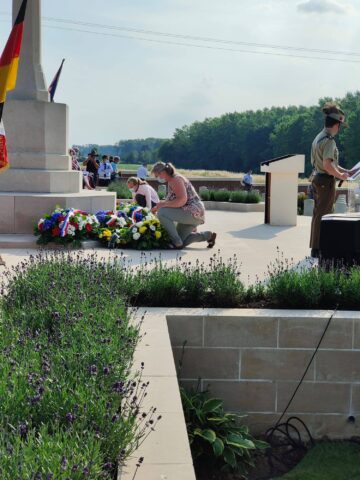
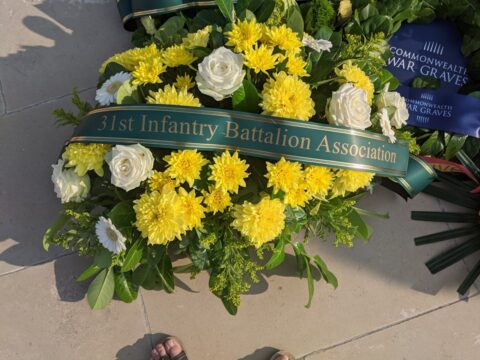
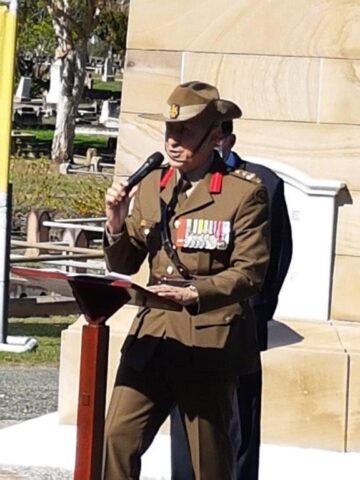
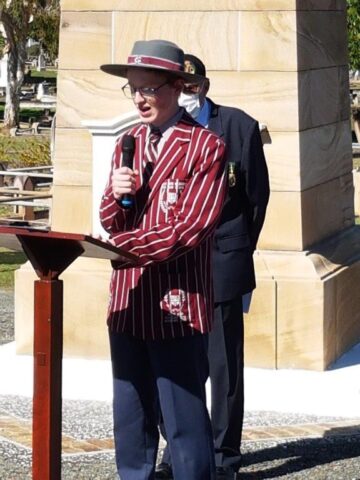
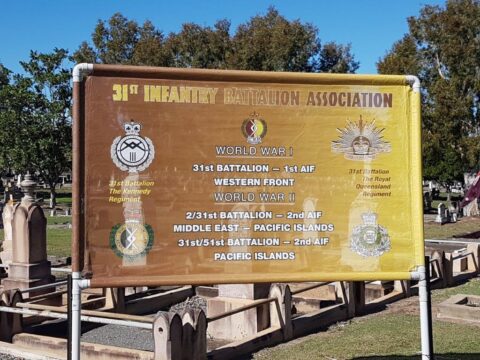
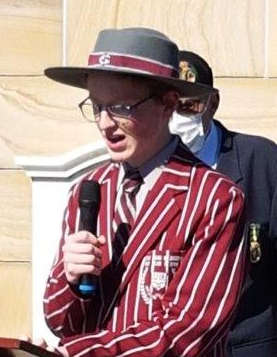
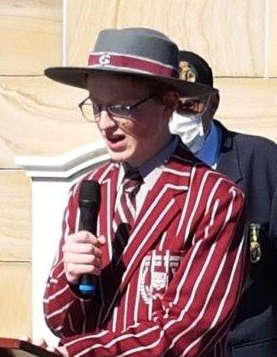 Delivering address on Cpl Edward Kemt MM and other past Students who fought at Fromelles" alt="" title="IGSstudent20210719_113452 (2)" itemprop="thumbnailUrl" srcset="https://31bnassn.org/wp-content/uploads/2021/07/IGSstudent20210719_113452-2-1280x960.jpg 2x" />
Delivering address on Cpl Edward Kemt MM and other past Students who fought at Fromelles" alt="" title="IGSstudent20210719_113452 (2)" itemprop="thumbnailUrl" srcset="https://31bnassn.org/wp-content/uploads/2021/07/IGSstudent20210719_113452-2-1280x960.jpg 2x" />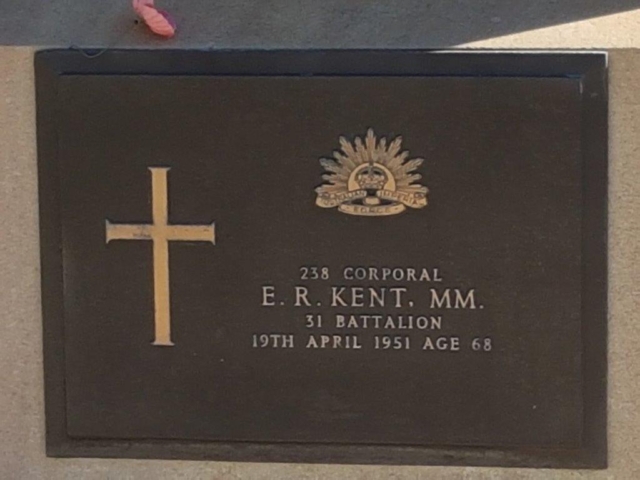
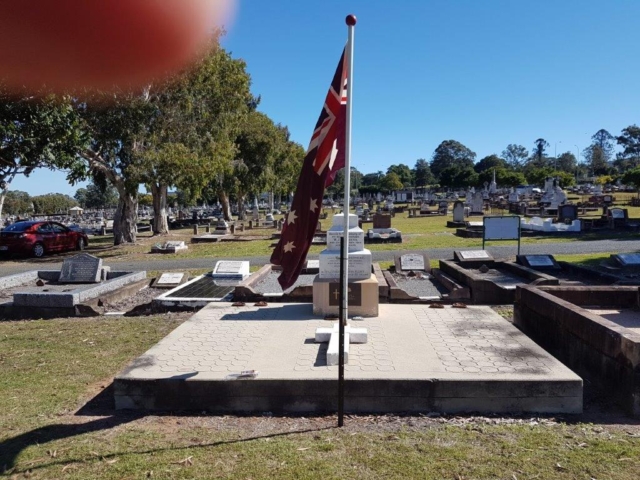
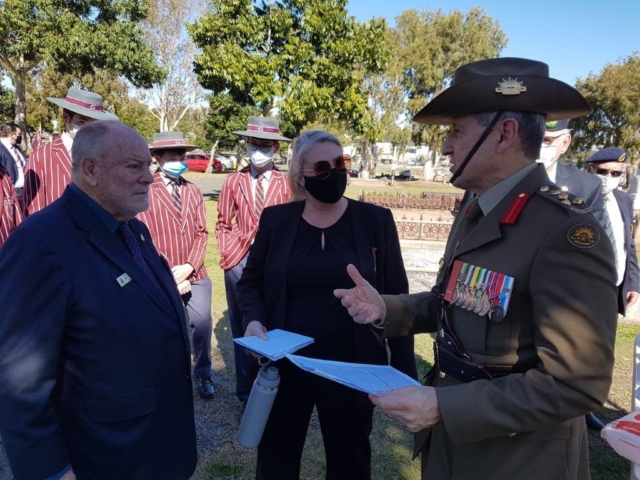
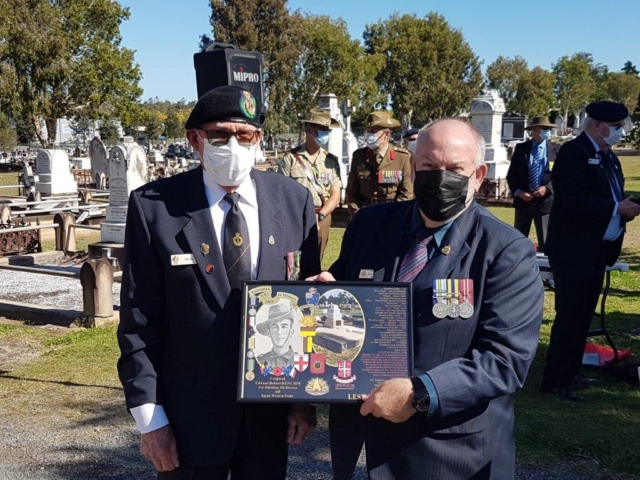
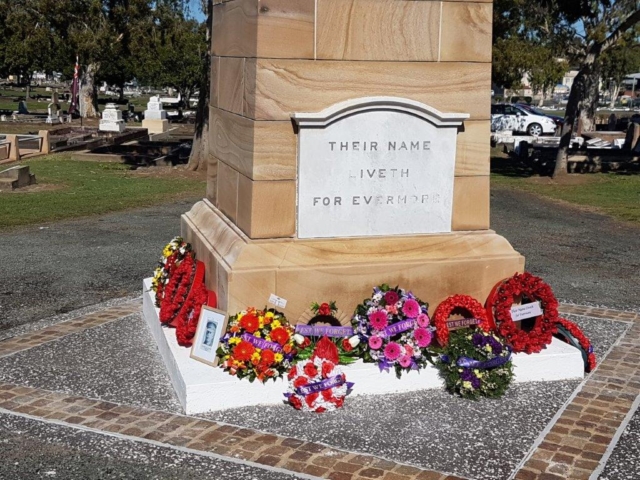
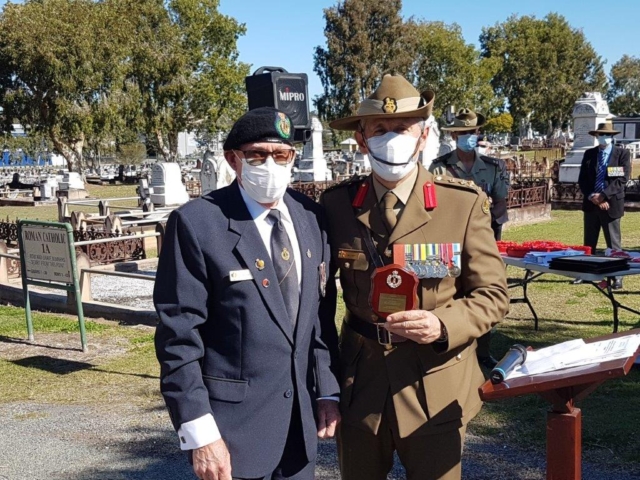 Brigadier Bill Date" alt="President Brisbane Branch Ray Fogg with Brigadier Bill Date" title="20210719_115726" itemprop="thumbnailUrl" srcset="https://31bnassn.org/wp-content/uploads/2021/07/20210719_115726-1280x960.jpg 2x" />
Brigadier Bill Date" alt="President Brisbane Branch Ray Fogg with Brigadier Bill Date" title="20210719_115726" itemprop="thumbnailUrl" srcset="https://31bnassn.org/wp-content/uploads/2021/07/20210719_115726-1280x960.jpg 2x" />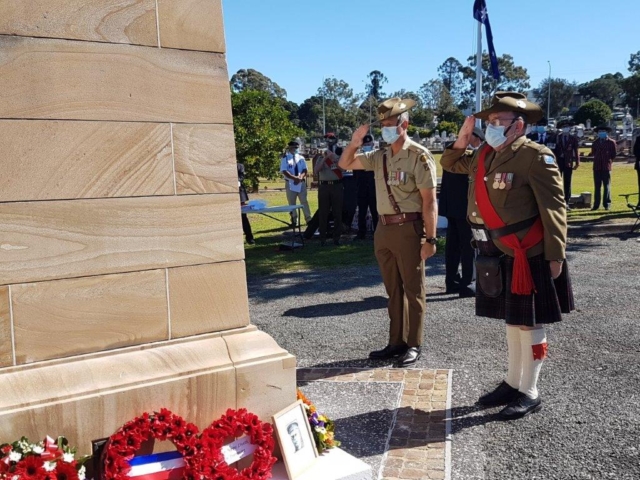
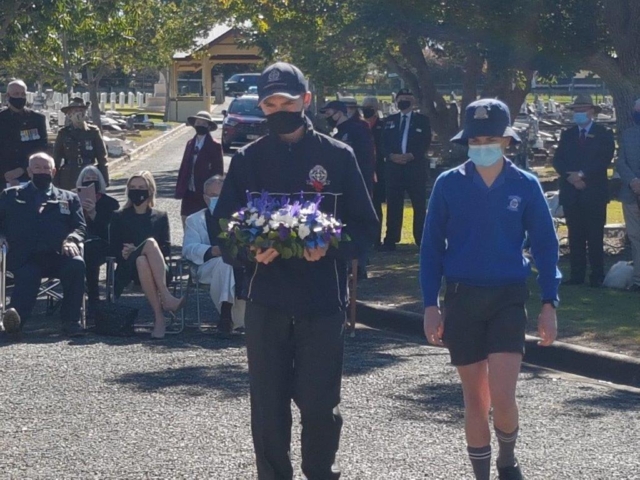
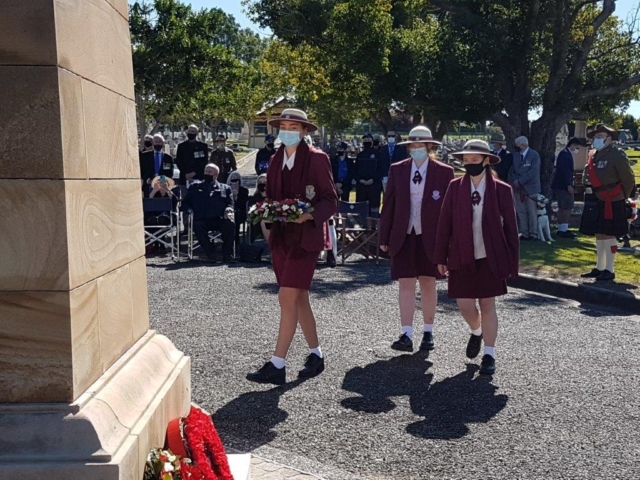
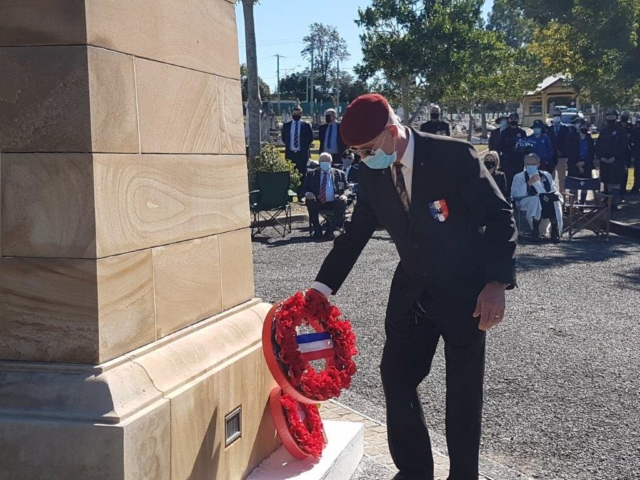 Laying Wreath" alt="Veterans de l'Armee Francaise d'Australie Laying Wreath" title="20210719_114707 (2)" itemprop="thumbnailUrl" srcset="https://31bnassn.org/wp-content/uploads/2021/07/20210719_114707-2-1280x960.jpg 2x" />
Laying Wreath" alt="Veterans de l'Armee Francaise d'Australie Laying Wreath" title="20210719_114707 (2)" itemprop="thumbnailUrl" srcset="https://31bnassn.org/wp-content/uploads/2021/07/20210719_114707-2-1280x960.jpg 2x" />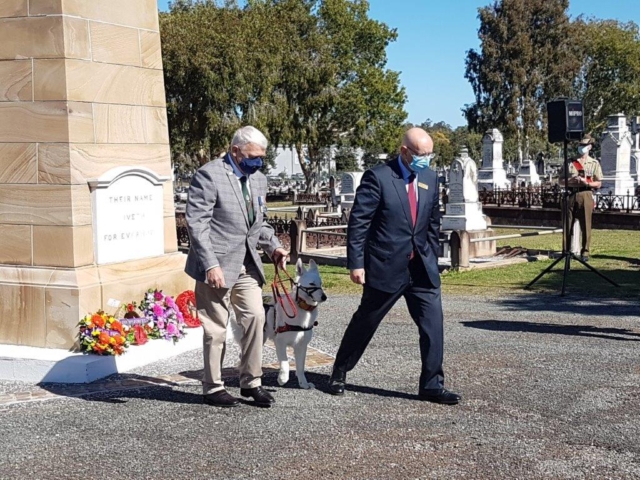
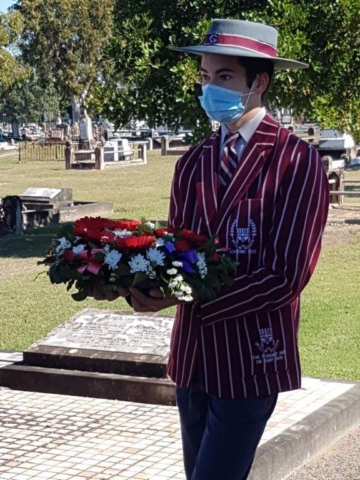
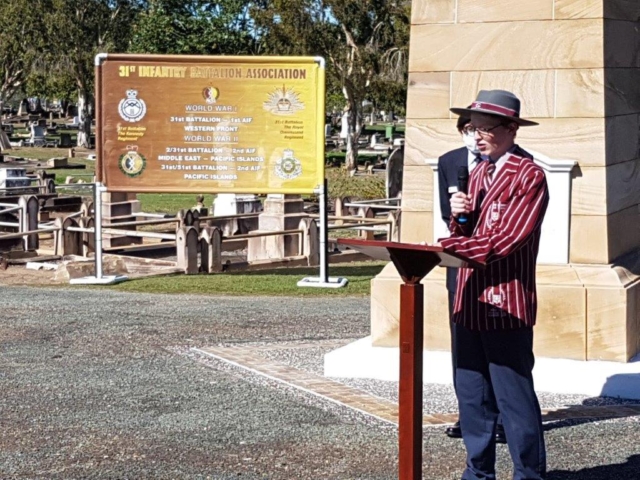
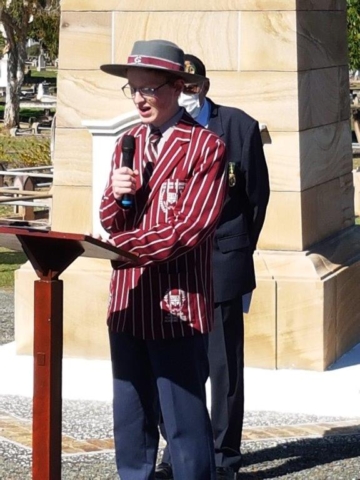
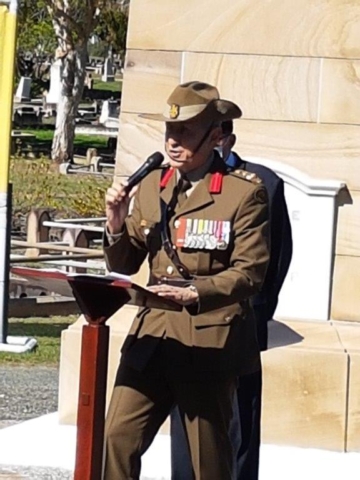
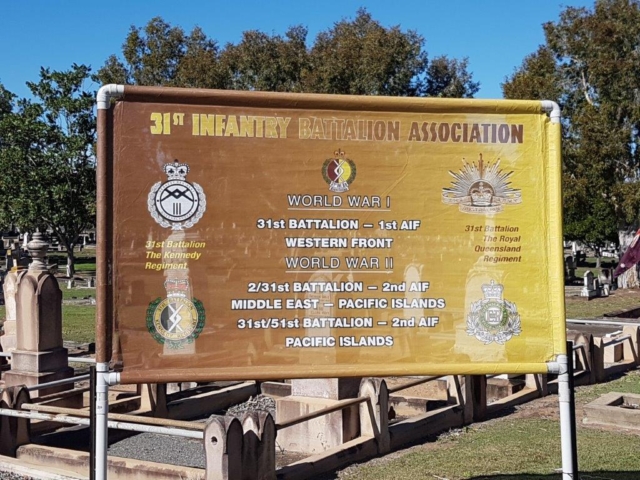
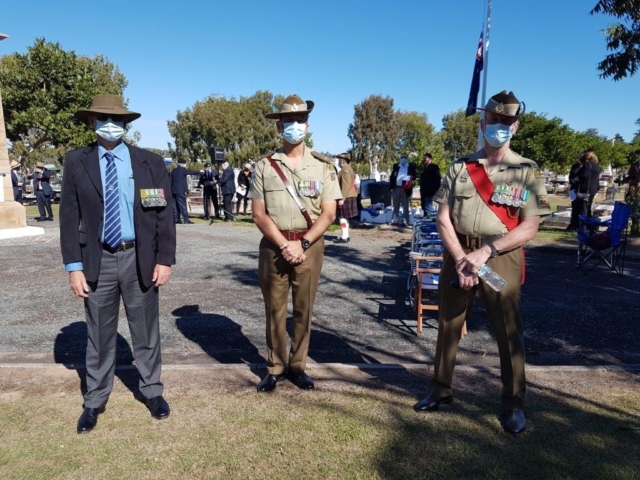
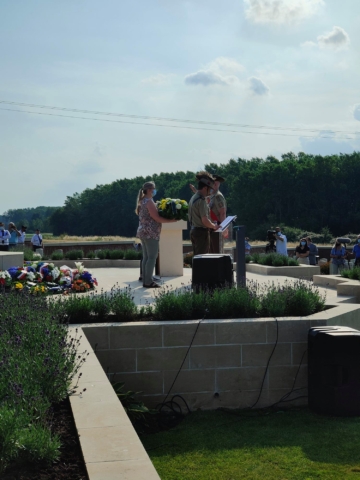 At Fromelles France 19th Jul 2021" alt="" title="220209324_1791804634356597_2040957834026075434_n" itemprop="thumbnailUrl" srcset="https://31bnassn.org/wp-content/uploads/2021/07/220209324_1791804634356597_2040957834026075434_n-1280x960.jpg 2x" />
At Fromelles France 19th Jul 2021" alt="" title="220209324_1791804634356597_2040957834026075434_n" itemprop="thumbnailUrl" srcset="https://31bnassn.org/wp-content/uploads/2021/07/220209324_1791804634356597_2040957834026075434_n-1280x960.jpg 2x" />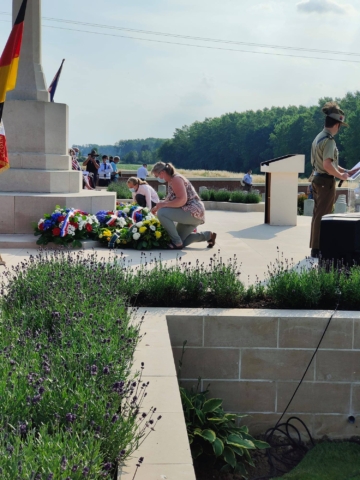 At Fromelles France 19th Jul 2021" alt="" title="219690500_1791804827689911_564764611200744789_n" itemprop="thumbnailUrl" srcset="https://31bnassn.org/wp-content/uploads/2021/07/219690500_1791804827689911_564764611200744789_n-1280x960.jpg 2x" />
At Fromelles France 19th Jul 2021" alt="" title="219690500_1791804827689911_564764611200744789_n" itemprop="thumbnailUrl" srcset="https://31bnassn.org/wp-content/uploads/2021/07/219690500_1791804827689911_564764611200744789_n-1280x960.jpg 2x" />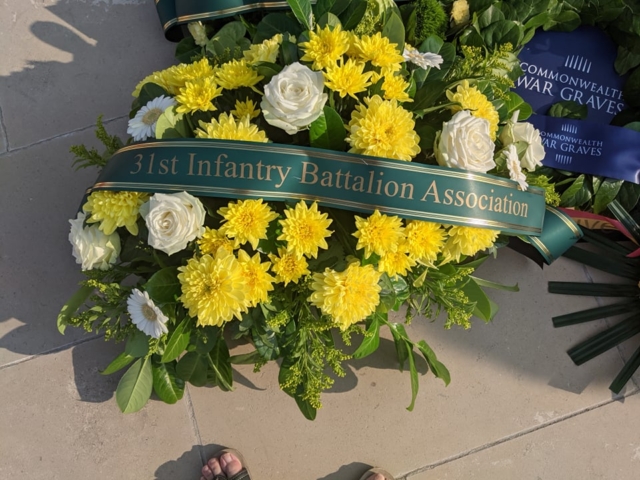 At Fromelles France 19th Jul 2021" alt="" title="219019163_145900737651296_4160709194202524125_n" itemprop="thumbnailUrl" srcset="https://31bnassn.org/wp-content/uploads/2021/07/219019163_145900737651296_4160709194202524125_n-1280x960.jpg 2x" />
At Fromelles France 19th Jul 2021" alt="" title="219019163_145900737651296_4160709194202524125_n" itemprop="thumbnailUrl" srcset="https://31bnassn.org/wp-content/uploads/2021/07/219019163_145900737651296_4160709194202524125_n-1280x960.jpg 2x" />